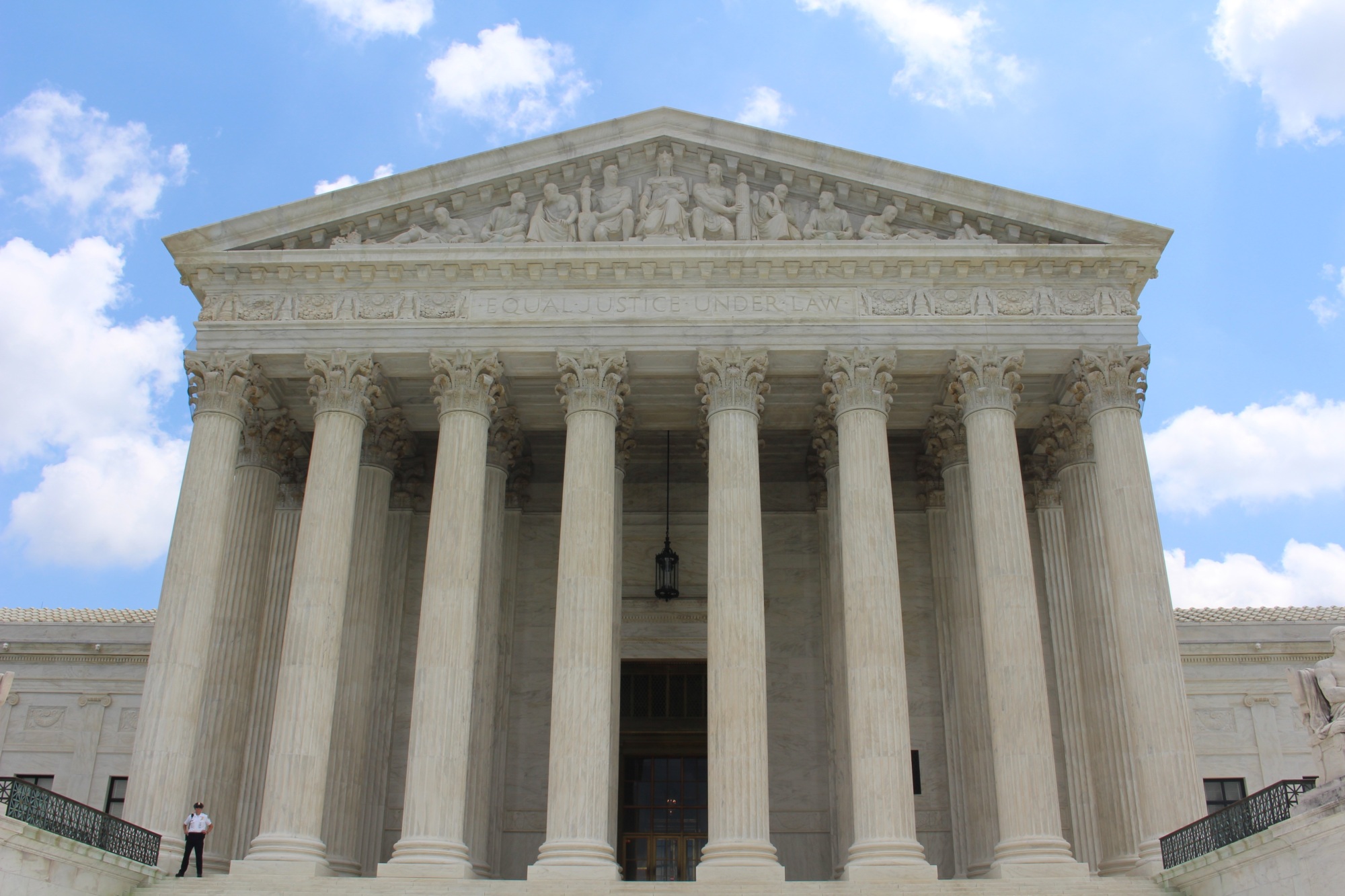Judicial Nominees – What Your Nonprofit Should Know

In the past few months, many public charities have reached out to Bolder Advocacy to ask how they can speak out about Trump’s judicial nominees. Whether it’s because they disagree with the President’s travel ban or because they’re worried about voting rights, many organizations understand the importance of the courts to issues they care about and are curious about the possibility of engaging in advocacy around judicial nominations.
501(c)(3) public charities can weigh in on and advocate for or against judicial nominees. The Internal Revenue Service (IRS) has recognized that influencing the confirmation of federal judges is like influencing any other legislative vote through lobbying. Accordingly, advocating for or against a judicial nominee would be considered lobbying.
While 501(c)(3) public charities are permitted to lobby, they are subject to limits on how much lobbying they can engage in. Their lobbying limits are determined by which IRS test they operate under. These include either the “insubstantial part” test or the “501(h) expenditure” test, the latter of which provides very generous lobbying limits. Because working to influence judicial confirmations is considered a lobbying activity, efforts to influence these nominations should be counted against a public charity’s lobbying limit.
It’s important to take note of those messages that are and are not counted as lobbying under the law. For example, if your public charity wanted to put out a press release that said, “Trump’s nominee for the United States District Court for the Eastern District of North Carolina, Thomas Farr, has devoted his career to disenfranchising voters of color and dismantling workers’ rights,” you could absolutely do so. This statement, while critical of Farr’s record, does not call for any specific action to be taken on Farr’s nomination and would not be considered lobbying.
However, if your organization wants to contact your senators and tell them, “You should oppose President Trump’s nominee for the U.S. Court of Appeals for the Tenth Circuit, Justice Eid, because she has a truly alarming record on workers’ rights,” that would be considered lobbying. You can do it; you just have to make sure you count it against your organization’s lobbying limits. Sound tricky? It doesn’t have to be – an Alliance for Justice’s Bolder Advocacy team is here to help. You can get technical assistance with your questions about advocacy on our hotline, 1-800-NP-LOBBY, or online here.
Many nonprofits today are realizing what Alliance for Justice has known for over three decades: Judges play a vital role in protecting the Constitution, placing a check on overzealous legislatures, and helping Americans access justice. We, as public charities, can and should advocate against judges who do not represent the values we understand to be indispensable.
You can learn more about Alliance for Justice’s work on judicial nominees here.